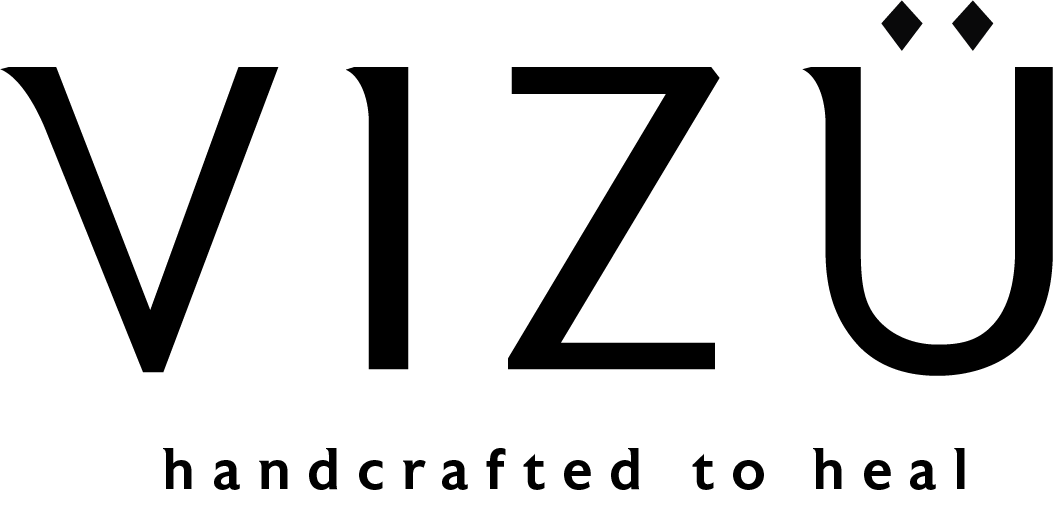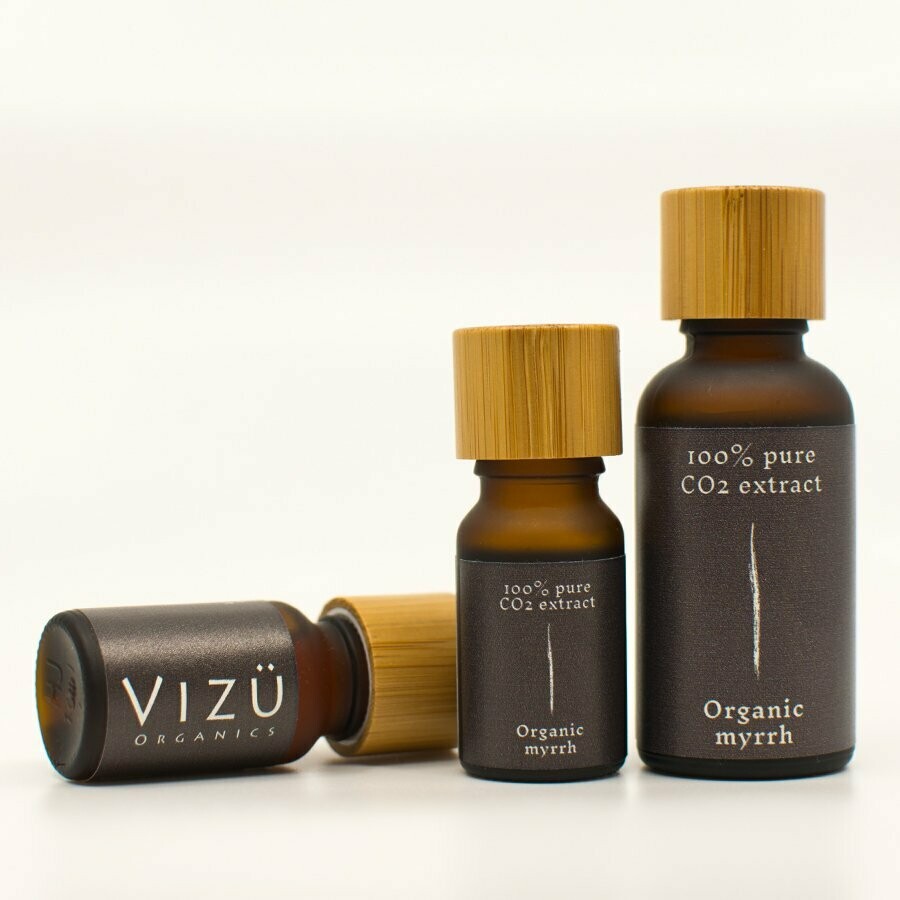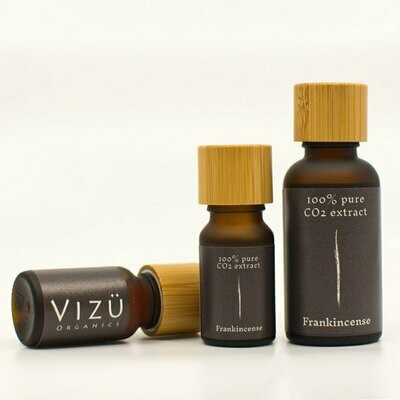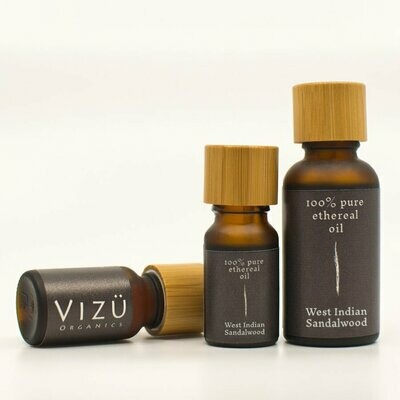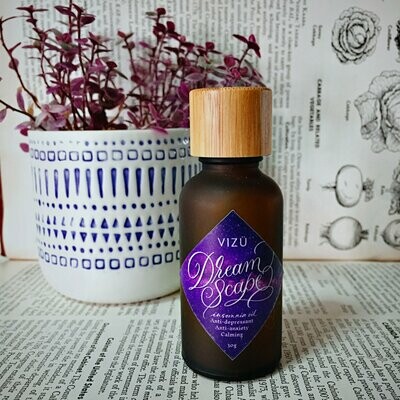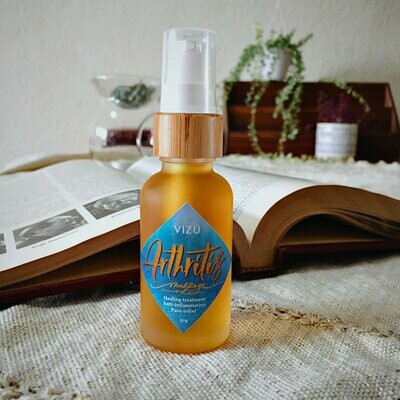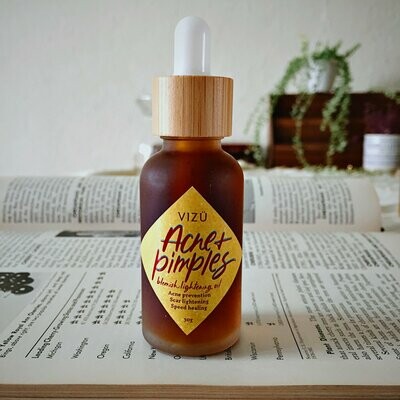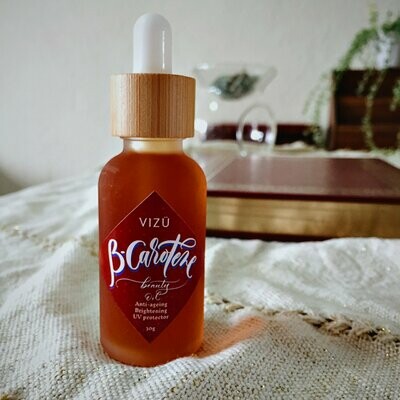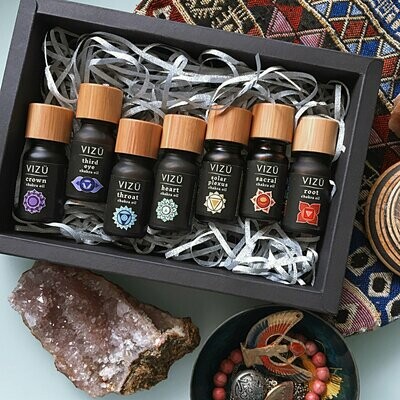Organic myrrh CO2 extract
Botanical name: Commiphora myrrha
Precautions:
Non-irritating, non-sensitizing, possible toxic in high concentration. Not to be used during pregnancy.
This previous golden oil is especially valued for use in skin preparations, respiratory formulas, for treating acne, blemishes and wounds, and also as a meditative aid with the ability to instill a deep tranquility of mind. Myrrh helps to clear mucus from the lungs and is useful for chronic bronchitis, sore throats and gingivitis.
It is a useful addition to mouthwashes and toothpastes as it possesses powerful antiseptic and astringent properties. It is excellent in sore mouth such as ulcers and infections. Myrrh is approved by the FDA for the use in food and oral health care drug product.
Myrrh has exceptional healing and is particularly useful on slow healing wounds, such as hives, weeping eczema and Athlete’s foot. Treatment with the extract of Myrrh significantly improves childhood atopic eczema. It is used also in cosmetic preparations for treatment of hair and scalp. Overall, it strengthens the immune system and has a beneficial effect on the gut.
Currently in the British Herbal Pharmacopoeia as a specific for mouth ulcers, gingivitis and pharyngitis. A research revealed that cytotoxic and antitumor activity of myrrh has proved to be equivalent to those of the standard cytotoxic drug cyclophosphamide.
Herbal Folk Tradition
The significant history of Myrrh dates back some 4,000 years for its extensive use in healing preparations, perfumery, incense, and ritualistic ceremonies. The name myrrh is derived from the Arabic and Hebrew word mur. It is one of the oldest known medicines which has been widely used by ancient Egyptians and it was one of the three gifts believed to have been offered to the infant Jesus.
The Egyptians believed that the aromatic scent of Myrrh pleased the Gods, therefore burned the oil during religious ceremonies. They also use it for embalming purposes, along with perfumery and cosmetics. The Greeks used the resins on wounded soldiers to promote healing. The Ebers Paprus, dated 1550 BC, talks about the use of Myrrh for facial masks. The Chinese used Myrrh for relieving pain and swelling due to traumatic injury, and also for arthritis, menstrual problems, sores and haemorrhoids. In the West, it is considered good for common cold, coughs, catarrh, weak gums and teeth etc. It has also been used to treat leprosy!
